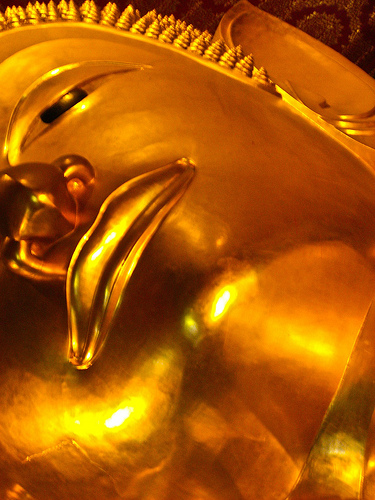
“Forgiveness does not change the past, but it does enlarge the future.” ~Paul Boese
Sometimes resentment and anger may seem involuntary, like reactions you have to indulge for a length of time proportionate to how badly you were wronged. It might even feel like your anger is a justified retaliation, and you’d be weak if you let it go.
The irony is that after we’ve been hurt, we choose to continue hurting ourselves. Bitterness never feels good, no matter where it’s rooted.
Psychologists suggest that when other people make mistakes, we tend to assign them character flaws (i.e.: he’s selfish, or she doesn’t care who she hurts) whereas when we make mistakes, we more frequently cite external causes (i.e.: I’ve been overworked, or I haven’t been getting enough sleep.)
It’s almost as though we’re willing to let ourselves off the hook because we have to live with ourselves, but when it comes to other people we’re quick to condemn and slow to forget.
You might not be able to forget what happened yesterday, but you can choose not to let it suffocate today. We all have character flaws and we’re all affected by external causes. Today if you have a hard time forgiving, ask yourself this question: do you want to feel bitter or better?
photo by gautsch.
About Lori Deschene
Lori Deschene is the founder of Tiny Buddha. She started the site after struggling with depression, bulimia, c-PTSD, and toxic shame so she could recycle her former pain into something useful and inspire others to do the same. You can find her books, including Tiny Buddha’s Gratitude Journal and Tiny Buddha’s Worry Journal, here and learn more about her eCourse, Recreate Your Life Story, if you’re ready to transform your life and become the person you want to be.
- Web |
- More Posts













 Though I run this site, it is not mine. It's ours. It's not about me. It's about us. Your stories and your wisdom are just as meaningful as mine.
Though I run this site, it is not mine. It's ours. It's not about me. It's about us. Your stories and your wisdom are just as meaningful as mine.